If I generate a number using: $num=rand(0, 1000);, is it possible to guess what the next number will be?
Would I need to record a certain number of previously generated numbers? And how would I go about working out the next number?
Additional Information:
From random.org -
 PHP Rand() image
PHP Rand() image
 True random image
True random image
Thanks to Derobert's answer:
I used the method posted in his answer to generate the following image
 OpenSSL image
OpenSSL image
I used the following code to do this:
// Requires the GD Library
header("Content-type: image/png");
$im = imagecreatetruecolor(512, 512)
or die("Cannot Initialize new GD image stream");
$white = imagecolorallocate($im, 255, 255, 255);
for ($y=0; $y<512; $y++) {
for ($x=0; $x<512; $x++) {
if (random() === 1) {
imagesetpixel($im, $x, $y, $white);
}
}
}
imagepng($im);
imagedestroy($im);
function random(){
$num = unpack('L', openssl_random_pseudo_bytes(4, $is_strong));
if (!$is_strong) {
echo 'error';
}
else{
$lastDigit=substr($num[1], strlen($num[1])-1, 1);
if($lastDigit<=4) return 0;
return 1;
}
}
Credits to Bo